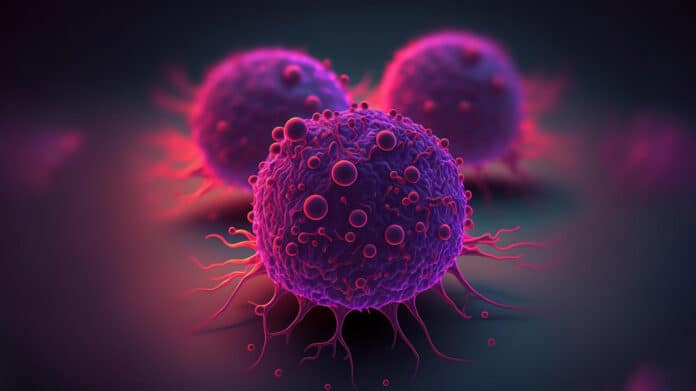The interaction between the immune system and tumors is a complex and crucial aspect of cancer biology. Understanding this interplay is essential for developing effective immunotherapies and enhancing cancer treatment outcomes.
Researchers have been striving to develop innovative methods that shed light on the intricate dynamics between the immune system and tumor microenvironment in recent years. This study presents a novel approach that allows more profound insights into the interplay between the immune system and tumors, offering potential breakthroughs in cancer research and therapeutic strategies.
Yale researchers at Yale University have devised a novel method to understand how the immune system interacts with tumor cells, affecting cancer progression and treatment response. This method involves recreating the unique tumor microenvironments of individual patients in mice, allowing for personalized and in-depth study.
The complexity of the tumor environment, with various types of immune cells interacting with the tumor, poses a challenge in cancer research. The researchers hope their approach will help unravel these intricate interactions and provide insights into why some patients’ tumors shrink with treatment while others do not. The study describing this technique can be found in the Journal for Immunotherapy of Cancer.
Dr. Michael Chiorazzi, assistant professor of internal medicine at Yale School of Medicine and lead author, said, “Most of our preclinical studies rely on mouse models, but there are interspecies differences between humans and mice. So researchers have been using mice that allow transfer of human cells to study how the cells act and behave in a more physiologic environment rather than a plastic dish.”
Researchers have overcome limitations in studying the immune system’s interaction with tumors by developing a new method. Instead of relying on many human cells from donated stem cells, they now use a small number of immune precursor cells collected from a patient’s bone marrow. This allows them to recreate the patient’s immune system in a mouse and grow tumor tissue from the same patient in the mouse.
With this personalized approach, scientists can study an individual patient’s tumor and immune system together in the same mouse, offering insights into various types of cancer like melanoma, lung cancer, head and neck cancer, pancreatic cancer, and colon cancer.
In the study, researchers modified a mouse line for cancer research by swapping a specific gene responsible for the immune molecule interleukin-6 with the human version. This genetic change significantly improved the ability of human immune cells to engraft in the mice, providing a better platform for studying how the tumor microenvironment affects cancer growth and how individual differences impact this process.
The method allows researchers to test a patient’s response to treatment by administering the therapy to mice with the patient’s immune and tumor cells. This personalized approach considers the genetic diversity in how different patients’ immune systems respond to cancer and anti-cancer drugs, in contrast to other systems that solely focus on cancer cells.
The newly developed method has potential applications in drug testing and screening for new drug combinations that could enhance the effectiveness of existing treatments. This approach allows researchers to address complex questions that need to be explored using previous methods.
The technique will advance our understanding of individual differences in cancer progression and response to treatment by studying cancer in a more immunologically, genetically, and biologically relevant manner. Ultimately, it offers a powerful tool for advancing cancer research and personalized medicine.
Journal Reference:
- Michael Chiorazzi, Jan Martinek, et al., Autologous humanized PDX modeling for immuno-oncology recapitulates features of the human tumor microenvironment. Journal for Immunotherapy of Cancer. DOI: 10.1136/jitc-2023-006921.
